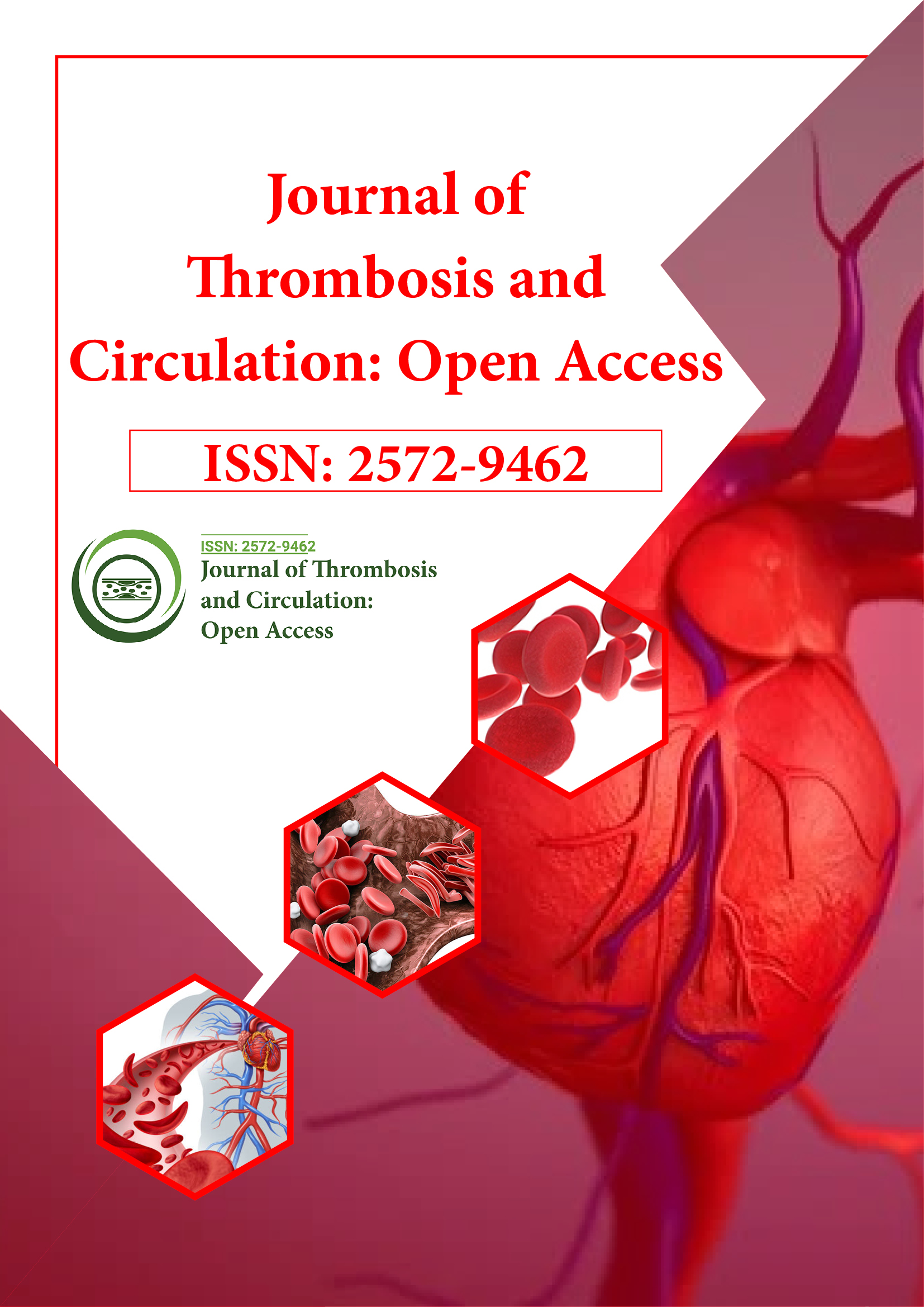Indexed In
- RefSeek
- Hamdard University
- EBSCO A-Z
- Publons
- Google Scholar
Useful Links
Share This Page
Journal Flyer

Open Access Journals
- Agri and Aquaculture
- Biochemistry
- Bioinformatics & Systems Biology
- Business & Management
- Chemistry
- Clinical Sciences
- Engineering
- Food & Nutrition
- General Science
- Genetics & Molecular Biology
- Immunology & Microbiology
- Medical Sciences
- Neuroscience & Psychology
- Nursing & Health Care
- Pharmaceutical Sciences
Abstract
Polycythaemia- Clinical Profile and Impact of Lifestyle Change and Weight Reduction
Surumi A Rahim and Sasidharan PK*
Introduction: Polycythaemia is an increase in the absolute Red Blood Cell (RBC) mass with increase in hemoglobin levels and haematocrit. It can be primary and secondary. Management depends on the causes and can be pharmacological and non-pharmacological.
Objectives of the study: To determine the clinical profile of patients with all types polycythaemia and to study the impact of weight reduction with diet and lifestyle changes on behaviour of polycythaemia.
Methods: We enrolled 92 consecutive subjects with confirmed polycythaemia during a period of one year, subjected them to diet and lifestyle changes with an intention to achieve weight reduction. It was a hospital based prospective study between January 2020 to June 2021. Patients who were confirmed to have polycythaemia by symptoms, signs and laboratory features were included. They were classified into primary or secondary polycythaemia based on clinical judgement, laboratory parameters and World Health Organization (WHO) 2016 criteria for Polycythaemia Vera. The enrolled patients in both the groups were given clear advice on diet and lifestyle changes with an intention to achieve weight reduction, cessation of smoking and alcohol along with the standard care. They were then followed up monthly, for re-counselling for lifestyle changes and weight recording at each visit, for six months to maximum of one year.
Results: All subjects, irrespective of the causes of polycythaemia, had change in wellbeing, symptom relief, reduced frequency of venesections, haematocrit levels and other blood parameters (p value<0.05). There were 22 patients out of 92 (24%) with secondary polycythaemia due to overweight or obesity and they all had reversal of polycythaemia after weight reduction.
Conclusion: The study showed that commonest cause of secondary polycythaemia in the study group was due to weight gain or obesity, and interventions by diet and lifestyle modification leading to weight reduction, could completely reverse polycythaemia in this subgroup. The same interventions, gave statistically significant changes in hematological outcomes of all subjects with primary and secondary polycythaemia. The weight reduction needed to get benefit varied from 4 Kg to 15 Kg with a mean of 9.13 Kg.
Published Date: 2023-10-09; Received Date: 2023-09-06
